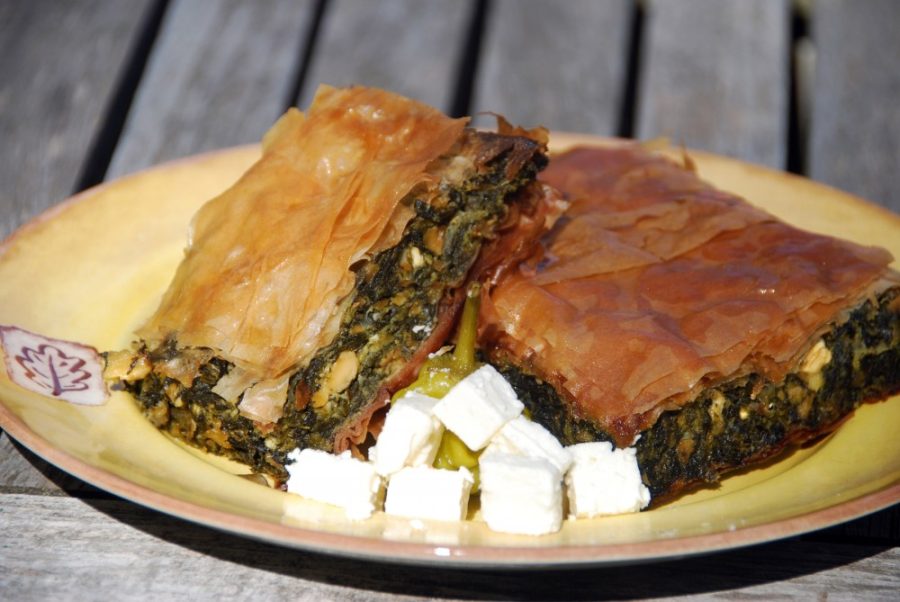Students enrolled in the UA’s Mediterranean Diet and Health study abroad program will engage in both science and culture by conducting their studies with not only books, but also food.
In some of Italy’s finest kitchens, students will work side by side with professional chefs to analyze the components and construction of Mediterranean meals, all of which students are later allowed to indulge.
Students will attend excursions to food processing plants to observe the transformation of olives, grapes and milk into oil, wine and cheese, and thus they will develop a greater understanding of how food travels from fields to countertops.
Over the course of the program’s four weeks abroad, students are housed in apartments bordering a river enclosing Verona, Italy, a northern city close to Venice, Milan and Florence. Each of these historic cities is just a few hours by train, and they are free to explore during the weekends.
Throughout their culinary adventures, students must nevertheless focus on the bigger picture.
The primary purpose of the program is to help students generate expertise in food and nutrition, ultimately helping them become assets to the health and well-being of the general public by pursuing careers as doctors, politicians and more.
“Although my undergraduate degree is in nutrition, I recently applied to be an RN,” said nutritional sciences senior Jordan Hagen. “I know the things I learned from this experience will help me in my future endeavors.”
According to Dr. Donato Romagnolo, a professor in the department of nutritional sciences and director of the Mediterranean study abroad program, studies have shown the Mediterranean diet is connected to increased longevity and delayed chronic diseases, including four of the five leading causes of death in the U.S.: cardiovascular disease, cancer, diabetes and Alzheimer’s disease.
Students in this program learn about the connection between food and disease by analyzing the “bioactive” components of the Mediterranean diet for the ingredients they study and the meals they construct.
“What is the connection,” Romagnolo said, “between the Mediterranean diet and its bioactive components, and how they act against disease?”
To answer this ongoing question, the program encourages students to study the science behind the food, and to apply this science to problems in public health.
In addition to teaching the sciences, Romagnolo said he hopes to instill in his students the idea of conviviality, or how food becomes a way of life and of people.
“It is important for a student on the topic to know what people eat, even if you don’t eat it yourself,” he said.
On that note, this program is nevertheless flexible with each student’s dietary needs, including food allergies and other sensitivities.
Students learn about nutrition not limited to that of Italians, but also that of Greeks, Spanish and North Africans. They will evaluate how these cultures all blend together and form what is known as the Mediterranean diet.
Anyone can apply to the Mediterranean Diet and Health study abroad program until Monday, Feb. 15. Open to all majors, this program aims to foster a class diverse in personal, academic and geographic backgrounds.
“I don’t really know how many programs out there are like this,” Romagnolo said, “but I think we’ve got something special here.”
Follow Pearl Lam on Twitter.









